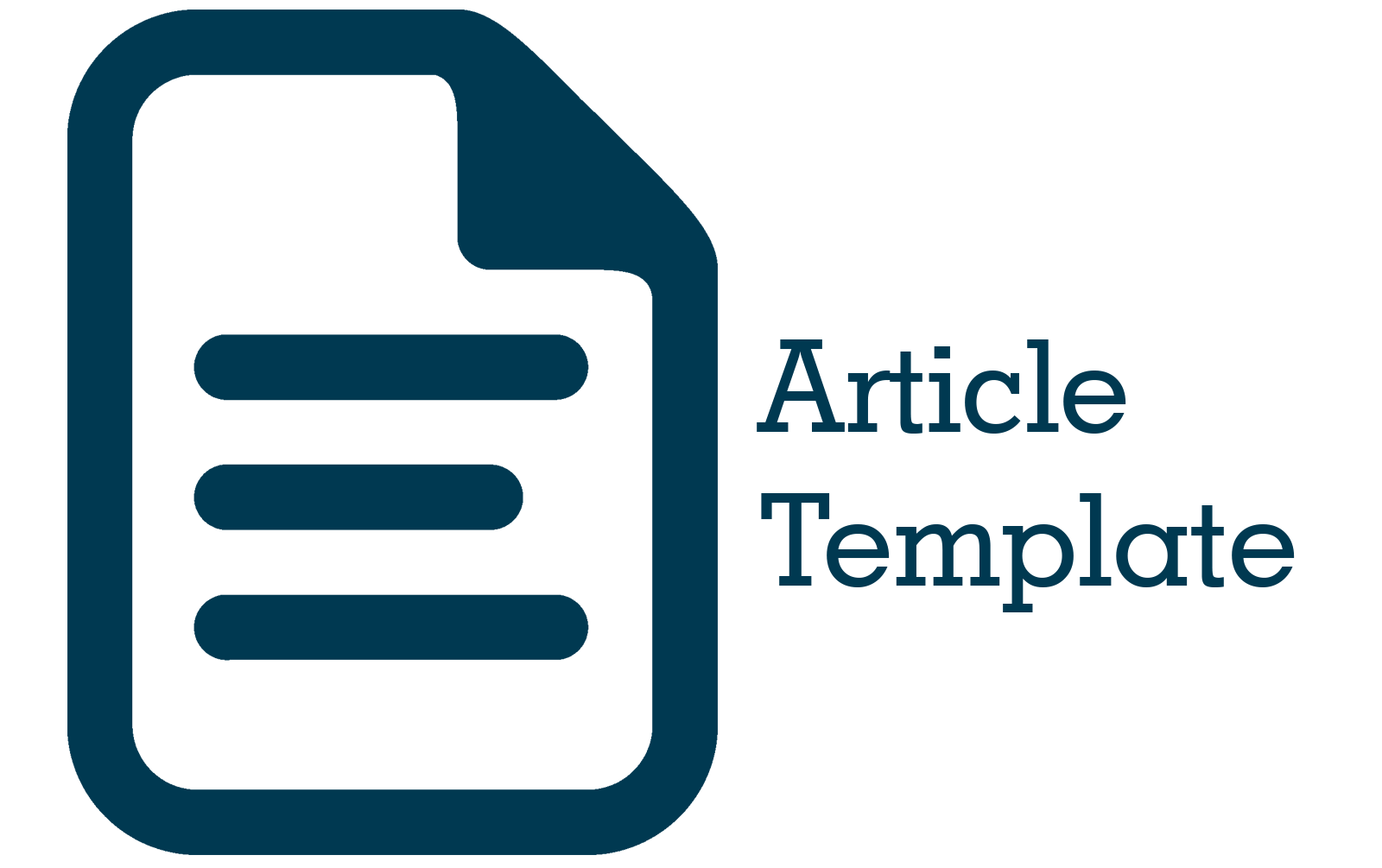Pengaruh Green Accounting dan Material Flow Cost Accounting terhadap Sustainable Development
Abstract
Abstract. The competition in the business world is currently experiencing a significant increase. Companies are competing to create quality products in order to be accepted in the market. Product manufacturing results in increased production activities and the resources used will also increase. The continuous use of natural resources will deplete existing resources, this will hinder industrial and economic activities in the future. The purpose of this study is to be able to explain the influence of green accounting and material flow cost accounting on sustainable development. The research method used in this study is a verification method with a quantitative approach. The sample was determined using the purposive sampling method, with a sample size of 6 companies with a time span of 5 years, so that the sample in this study was 30 companies. The results of the tests that have been carried out are known that from the results of the t-test, the green accounting variable has a t-Statistic value of -0.858 with a Prob. (Significance) value of 0.3984 (> 0.05) and from the results of the t-test, the material flow cost accounting variable has a t-Statistic value of 10.824 with a Prob. value. (Significance) of 0.0000 (<0.05). So it can be concluded that green accounting does not affect sustainable development in mining companies listed on the Indonesia Stock Exchange in 2019-2023 and material flow cost accounting affects sustainable development in mining companies listed on the Indonesia Stock Exchange in 2019-2023.
Abstrak. Persaingan dunia usaha saat ini mengalami peningkatan yang signifikan. Perusahaan berlomba-lomba menciptakan produk yang berkualitas agar dapat diterima di pasaran. Pembuatan produk mengakibatkan aktivitas produksi semakin meningkat dan sumber daya yang digunakan akan ikut meningkat. Penggunaan sumber daya alam yang terus menerus akan menghabiskan sumber daya yang ada hal ini akan menghambat kegiatan industri serta ekonomi di masa yang akan datang. Tujuan yang ingin dicapai dari dilakukannya penelitian ini adalah untuk mampu menjelaskan pengaruh green accounting dan material flow cost accounting terhadap sustainable development. Metode penelitian yang digunakan dalam penelitian ini metode verifikatif dengan pendekatan kuantitatif. Sampel ditentukan dengan menggunakan metode purposive sampling, dengan jumlah sampel 6 perusahaan dengan rentan waktu 5 tahun, sehingga sampel pada penelitian ini sebanyak 30 perusahaan. Hasil pengujian yang telah dilakukan diketahui bahwa dari hasil uji t, variabel green accounting memiliki nilai t-Statistic sebesar -0.858 dengan nilai Prob. (Signifikansi) sebesar 0.3984 (>0.05) dan dari hasil uji t, variabel material flow cost accounting memiliki nilai t-Statistic sebesar 10.824 dengan nilai Prob. (Signifikansi) sebesar 0.0000 (<0.05). Maka dapat ditarik kesimpulan bahwa green accounting tidak berpengaruh terhadap sustainable develioment pada perusahaan tambang yang terdaftar di Bursa Efek Indonesia tahun 2019-2023 dan material flow cost accounting berpengaruh terhadap sustainable development pada perusahaan tambang yang terdaftar di Bursa Efek Indonesia tahun 2019-2023.
References
[2] Azlaila Nurul Khotimah, T., Ekawati, E., & Sisdianto, E. (2022). The Effect of Green Accounting and Material Flow Cost Accounting on Corporate Sustainability in Islamic Economic Perspective: Study on Manufacturing Companies Listed on the Sri-Kehati Index 2016-2020 (Vol. 2, Issue 1).
[3] Basuki, A. T. (2021). Analisis Data Panel dalam Penelitian Ekonomi dan Bisnis (Dilengkapi dengan Penggunaan Eviews.
[4] Farrrel, F., Polana, M., Falah, M. S., Maharani, N. P., Hapsari, W., Ayu, I. S. M., Baihaki, A. R., Sudarso, F. S. G., & Cahya, H. E. (2024). Teknologi Hijau & Akuntansi Sosial Lingkungan Sebuah Solusi Untuk Masa Depan.
[5] Komisi Brundtland Perserikatan Bangsa-Bangsa. (1987). Sustainability.
[6] Lako Andreas. (2018). Akuntansi Hijau Isu, Teori, dan Aplikasi. Salemba Empat.
[7] Loen, SE., M.Si., M. (2019). Pengaruh penerapan Green Accounting dan Material Flow Cost Accounting (MFCA) terhadap Sustainable Development dengan Resource Efficiency sebagai pemoderasi. Jurnal Akuntansi Dan Bisnis Krisnadwipayana, 6(3). https://doi.org/10.35137/jabk.v6i3.327
[8] Manual on material flow cost accounting : ISO 14051. (2014). Asian Productivity Organization.
[9] Marota, R. (2017). Green Concepts A Material Flow Cost Accounting Application For Company Sustainability. Indonesian Journal of Business and Entrepreneurship, 3(1), 43–51. https://doi.org/10.17358/ijbe.3.1.43
[10] May, S. P., Zamzam, I., Syahdan, R., & Zainuddin, Z. (2023). Pengaruh Implementasi Green Accounting, Material Flow Cost Accounting Dan Environmental Performance Terhadap Sustainable Development. Owner, 7(3), 2506–2517. https://doi.org/10.33395/owner.v7i3.1586
[11] Nurleli, & Faisal. (2016). Pengaruh Pengungkapan Informasi Lingkungan Terhadap Kinerja Keuangan.
[12] Pertiwi, N. (2017). Sustainable Development Buku. Pustaka Ramadhan.
[13] Rosdiana, Y., & Mulyani, S. D. (2023). Does Company Size Moderating The Effect of Sustainability Report Disclosure on Performance? https://doi.org/10.29313/mimbar.v39i1
[14] Sekaran, U., & B. R. (2017). Metode Penelitian Untuk Bisnis. Salemba Empat.
[15] Selpiyanti, S., & Fakhroni, Z. (2020). Pengaruh Implementasi Green Accounting dan Material Flow Cost Accounting Terhadap Sustainable Development. Jurnal ASET (Akuntansi Riset), 12(1), 109–116. https://doi.org/10.17509/jaset.v12i1.23281











